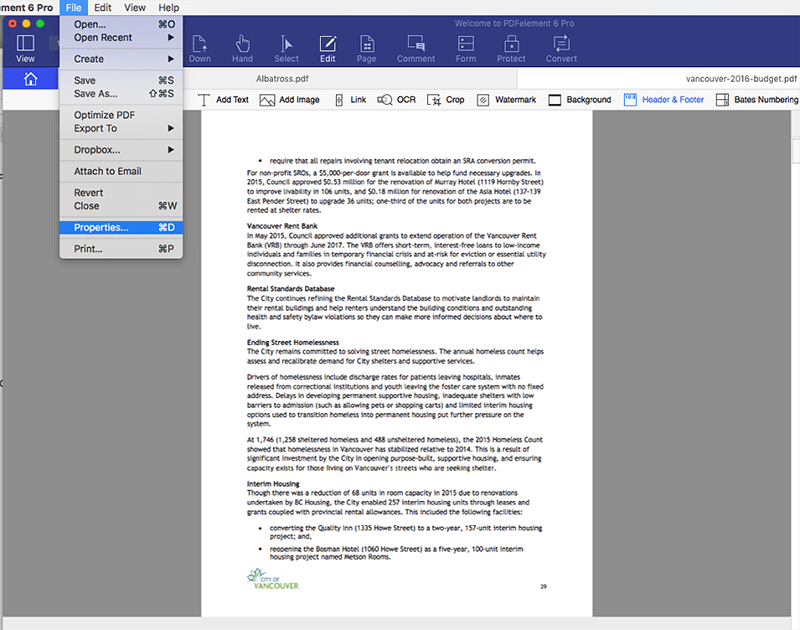Mac users should always obtain their copy of Adobe Flash Player directly from Adobe’s official website and to disable the 'Open 'safe' files after downloading' option in Safari Preferences/General to avoid automatically running files downloaded from the Internet. Also, do not turn on Java in Safari Preferences/Security. I have historically created PDF files from various applications with the ability to save the PDF document to a specific destination folder. Now when I choose Adobe PDF 8.0 from the Mac printer options, the new PDF file is created and located on my desktop without giving me the option to specify another folder.
This tip comes from DocumentSnap reader A.S. If you want to add a password to a PDF document, that functionality is built in to Mac OSX’s Preview application.


For Windows users, you can use a free program like to do something similar. Here we go: • Load up your PDF in Preview • Go to File -> Print • Click on the PDF icon in the bottom left and choose Save To PDF • Hit the Security Options button • You now have options to set a password to open, set a password to be able to copy text (cool) and even set a password to be able to print • Now when you go to open the PDF, the user gets prompted for the password Do you use any other methods to password protect or, even better, totally encrypt your PDFs before sending them to someone? Leave your strategies in the comments. Also, if someone has a clever way to automate this process for a bunch of PDFs at once (using Automator or an Applescript?) that would be great too. 
Share on Facebook Tweet this Share The idea that you don’t have to worry about viruses or malware if you have a Mac is still surprisingly popular. Many people believe that Macs can’t get viruses, and Apple does little to dispel that notion, but is it really true? Can Macs get viruses? “The answer is definitely, yes,” says Bogdan Botezatu, Bitdefender’s Senior E-Threat Analyst, “There have been incidents, and there will be more.” A few years ago, exploited a security flaw in Java.
It managed to infect 600,000 Macs, which was roughly 1 percent of the user base. There is a page about it on.
Updated by Jeffrey Van Camp on 5-04-2015: For clarification, we use the words ‘malware’ and ‘virus’ mostly interchangeably in this article because, to most people, these are one and the same. However, technically speaking, malware is the blanket term for all malicious software that could attack or infect a computer. Is a good resource if you want to know all the many varied types. There have been other problems since then. The KitM.A backdoor application on OS X was able to take screenshots of user’s desktops. More recently, the has been proving difficult to fix.
“Mac OS X software has more high-risk vulnerabilities than all versions of Windows put together,” explains Bogdan, “Apple markets these products as virus-free. They say you don’t need an antivirus, because they know people hate antivirus software. These utilities often slow down your computer, so they don’t want to promote them.” Apple has also been criticized for being slow to deal with threats and shut vulnerabilities down. Rootpipe was discovered in October 2014, but the fix only came out this month (April 2015), and it only patches Yosemite, not older editions of OS X. To make matters worse, the patch doesn’t actually fix the problem properly. Apple’s big rival may have a bad reputation, but it has taken decisive action to tackle that perception.